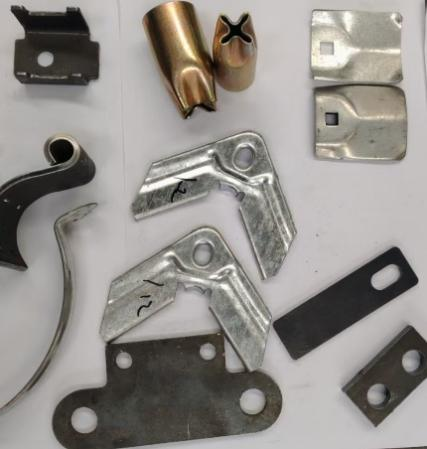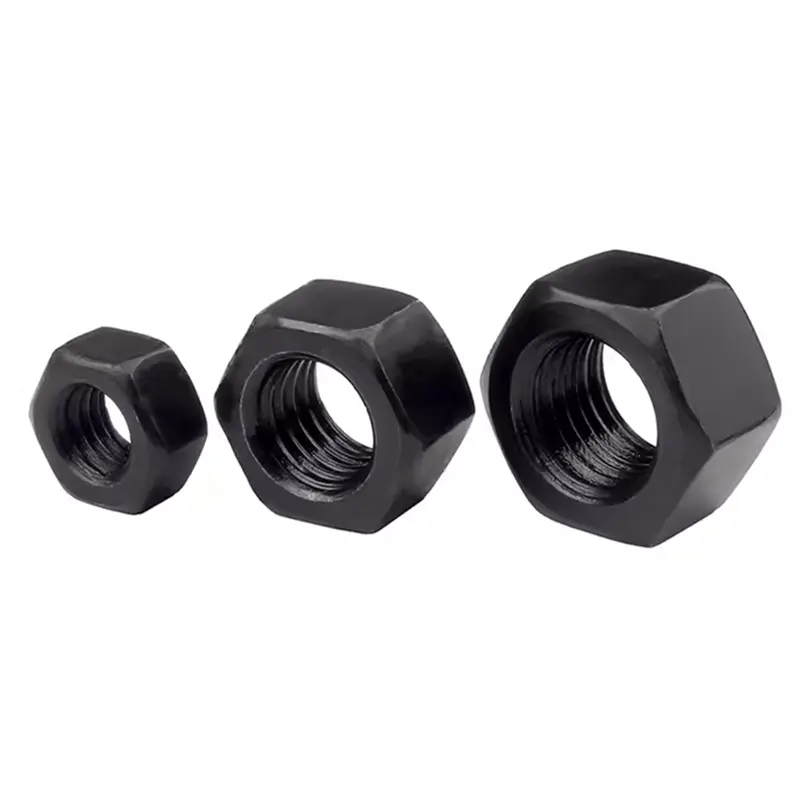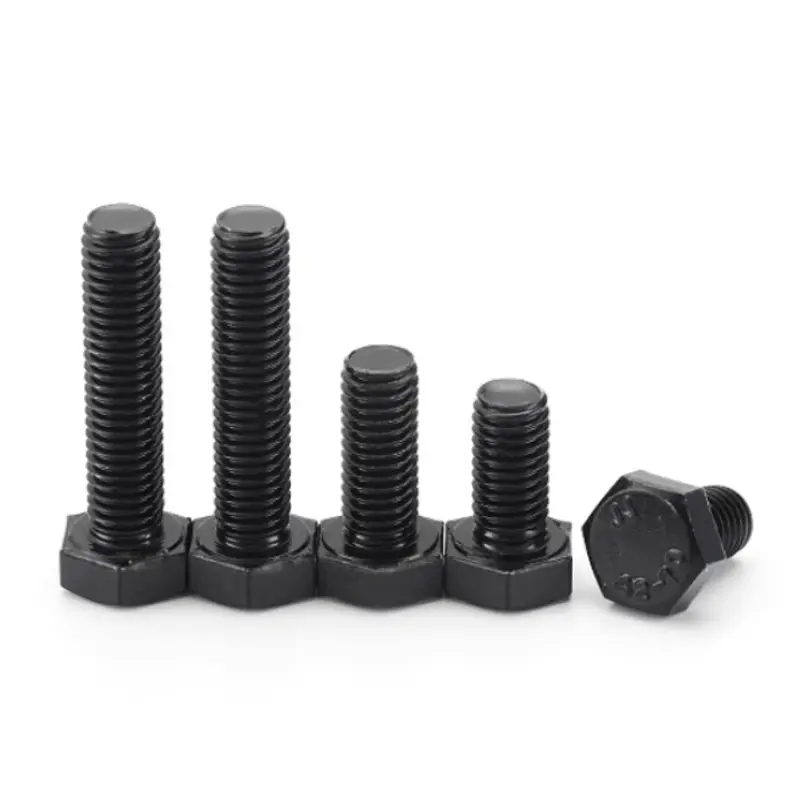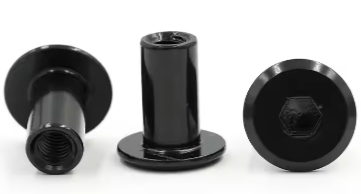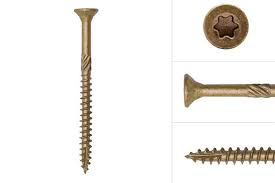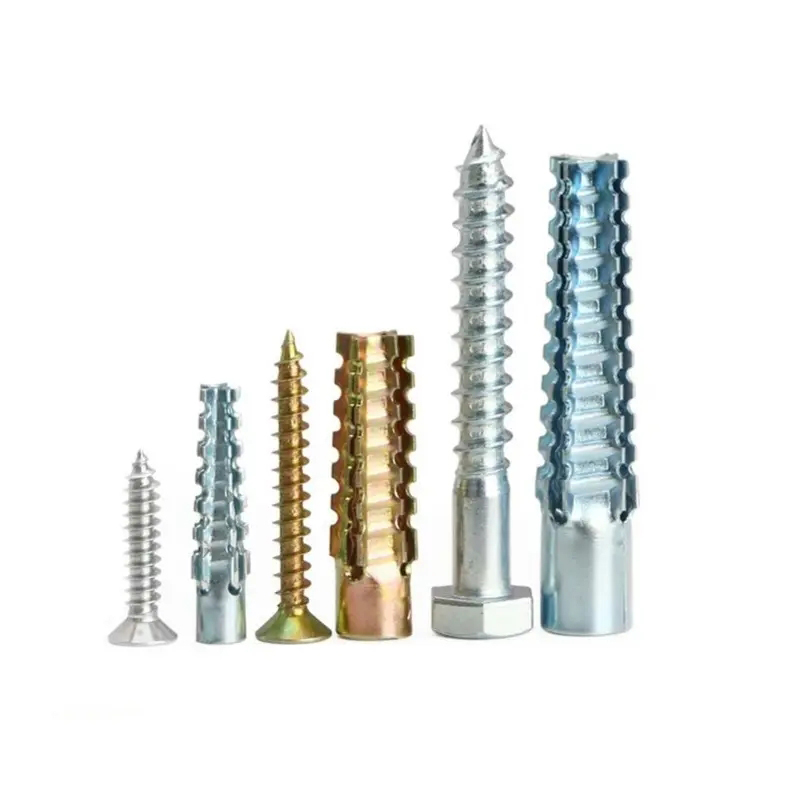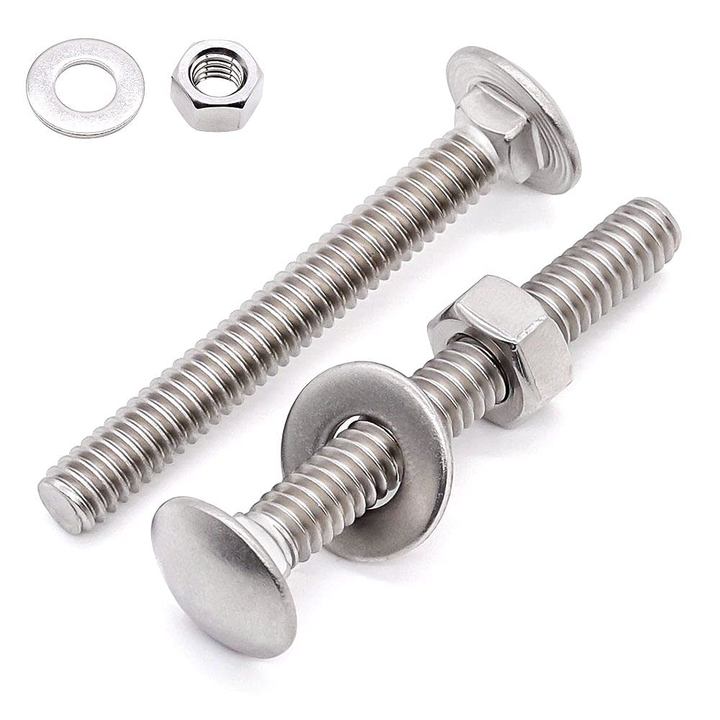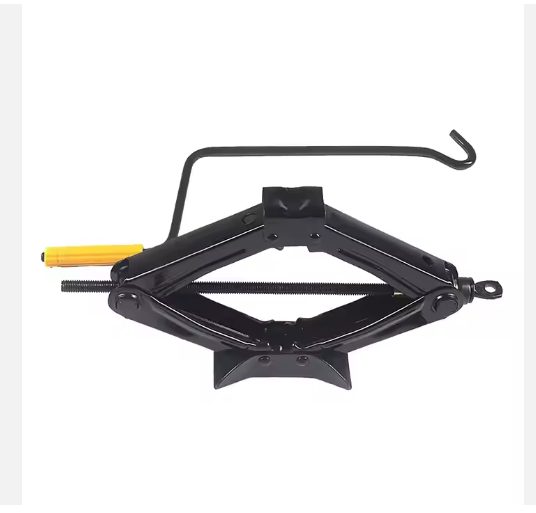

Hex Socket Screws: A Comprehensive GuideA deep dive into the world of hex socket screws, covering types, applications, materials, and selection criteria. Learn about their advantages, disadvantages, and best practices for installation. Discover why they are a preferred choice in various industries.
Hex socket screws, also known as Allen screws or hex key screws, are a common type of fastener used in a wide range of applications. Their design, characterized by a hexagonal recess in the screw head, allows for precise torque application and prevents damage to the screw head. This guide will explore the various aspects of hex socket screws, including their types, materials, applications, and considerations for selection and installation.
These are the most common type of hex socket screw, featuring a cylindrical head with a hexagonal socket. They are used for a variety of applications where high strength and precision are required. They offer a clean, finished look and are ideal for applications where the screw head needs to be recessed.
These screws are designed to hold components together without the need for a nut. They are often used in machinery and equipment where vibration resistance is crucial. Different types exist, including cup point, flat point, and cone point, each designed for specific clamping applications.
These screws have a shoulder below the head, creating a precise location and preventing the component from moving. They are particularly useful in applications requiring precise alignment or limited space.
The material used for hex socket screws significantly influences their strength, durability, and resistance to corrosion. Common materials include:
The versatility of hex socket screws makes them suitable for a wide range of industries and applications, including:
Choosing the appropriate hex socket screw involves considering several factors:
| Factor | Considerations |
|---|---|
| Material | Strength, corrosion resistance, magnetic properties |
| Size and Thread | Application requirements, material thickness |
| Type | Specific application needs (e.g., clamping, fastening) |
| Head Style | Accessibility, aesthetic requirements |
For high-quality hex socket screws and other fasteners, consider exploring the extensive range offered by Hebei Dewell Metal Products Co., LTD. They are a reputable supplier with a wide selection to meet diverse needs.
Proper installation is crucial to ensure the integrity and longevity of hex socket screws. Always use the correct size hex key and apply appropriate torque to avoid stripping the screw head or damaging the material. For critical applications, consult torque specifications provided by the manufacturer.
Using the correct tools and techniques ensures the secure and reliable fastening of components, preventing failures and maintaining the structural integrity of the assembled system. Incorrect installation can lead to loose connections, stripped threads and potential safety hazards.
This guide provides a foundational understanding of hex socket screws. For specific applications or more detailed information, always consult relevant standards and manufacturer specifications.

